Lloyds' boom-era bosses sue bank for bonuses
Eric Daniels and Truett Tate claim they should have received a full payout in 2012
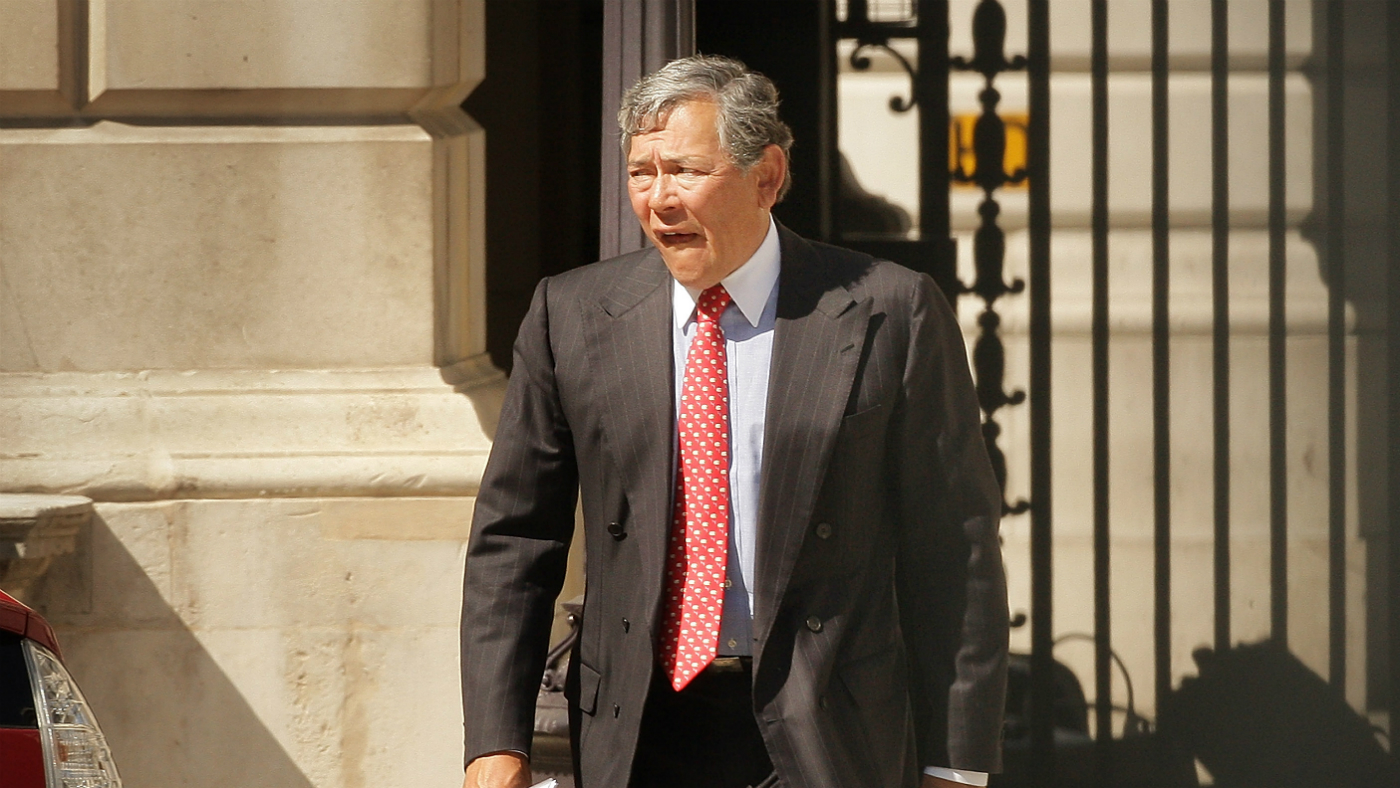
A free daily email with the biggest news stories of the day – and the best features from TheWeek.com
You are now subscribed
Your newsletter sign-up was successful
Taxpayer stake in Lloyds cut to less than 8%
22 November
Lloyds Banking Group is edging closer to full private ownership after the government pushed ahead with a sale of the bank's shares.
Chancellor Philip Hammond announced in the summer that he would be abandoning predecessor George Osborne's plans for a £2bn offer of discounted shares in the bank to the public. Instead, he said he would restart a programme of sales to institutional investors.
The Week
Escape your echo chamber. Get the facts behind the news, plus analysis from multiple perspectives.

Sign up for The Week's Free Newsletters
From our morning news briefing to a weekly Good News Newsletter, get the best of The Week delivered directly to your inbox.
From our morning news briefing to a weekly Good News Newsletter, get the best of The Week delivered directly to your inbox.
Under the terms of the "drip-feed" divestment, Lloyds must announce to the market whenever the government's stake crosses a percentage threshold – and yesterday, it fell below eight per cent.
"Today's announcement shows the further progress made in returning Lloyds Banking Group to full private ownership and enabling taxpayers to get their money back," the bank said, reports the BBC.
Lloyds's share price was hovering around 59p yesterday, well down on the 73.6p average price paid by the then Labour government when it acquired its 43 per cent stake in 2008 at the height of the financial crisis.
But having already recovered £17bn of the total £20.5bn bailout cost from previous disposals and dividend payments, the government could generate an overall profit even if it sold remaining shares at 8p, broker Hargreaves Lansdown said in August.
A free daily email with the biggest news stories of the day – and the best features from TheWeek.com
The subdued share price does mean, though, that the original objective of using bumper Lloyds returns to achieve a positive return on the rescue of the banking sector is very unlikely.
Shares in Royal Bank of Scotland, which is still 73 per cent-owned by the taxpayer, were languishing at around 210p today, less than half of the average bailout buy-in price of 503p.
Lloyds 'in pole position' to buy £7bn MBNA
21 November
Lloyds Banking Group is "closer to its first acquisition since being rescued by the taxpayer more than seven years ago", says the Financial Times.
According to the paper, the state-backed bank is in "pole position" to buy MBNA, Bank of America's UK credit card business, which is said to be worth around £7bn.
Two sources who have been "briefed" on the auction process say Lloyds has "moved ahead of Cerberus, the US private equity group, in the bidding".
One of the sources said Cerberus has already been told there is "a more attractive offer" tabled. "Its team now believes it has lost the auction," they added.
Lloyds "originally pulled back" because of the potential for a huge additional payment protection insurance (PPI) compensation bill resulting from the buyout.
It has already paid out or provisioned £17bn, by far the biggest bill of any UK bank, and "is reluctant to add to its exposure".
Bank of America originally refused to share future costs of redress for MBNA, which has set aside £1.6bn so far but is "widely expected to take another charge this year". However, it has now "agreed to indemnify the buyer if PPI costs rise above a fixed cap".
Lloyds had also been prevented from buying other businesses after merging with Halifax and Bank of Scotland owner HBoS in what amounted to a £20bn government bailout.
But the government has sold down its stake to below ten per cent and is expected to fully divest its holding by early next year, opening the door for the group to pursue acquisitions.
Credit card businesses are attractive in the current low-rates environment because they operate on higher profit margins. Lloyds could borrow from a Bank of England fund to offer lower rates to MBNA customers in the future.
MBNA made a profit of £166m last year and has five million credit card customers, giving it about 11 per cent of the UK market.
Lloyds to put 'mobile branches' on road next year
10 November
Lloyds Banking Group has announced it will put eight mobile bank branches on the road next year to soften the blow of closures affecting remote villages and towns.
The announcement came as the bank confirmed its latest phase of cuts under plans set out over the past two years to cull 12,000 jobs and 400 branches by the end of 2017.
Lloyds had already shed 9,435 jobs and earmarked 261 branches for closure. The latest round will account for a further 665 roles and 49 branches.
The bank said it will create 145 new jobs, meaning a net loss of 520 staff, with plans to implement there through voluntary redundancies where possible.
It added that the branch closures are needed to reflect changing customer habits, as physical transactions are down 15 per cent in the past year and people are increasingly moving to online and mobile banking.
The plans are being opposed by the unions. Rob MacGregor, Unite's national officer, said: "Unite have expressed to the bank that these ongoing cuts hurts our members and inevitably impacts customers."
There is also a backlash against banks in general closing branches, with critics arguing the move leaves vulnerable people in some isolated communities unable to manage their money.
The Guardian says the big five of Lloyds, Barclays, HSBC, Royal Bank of Scotland and Santander have closed a total of 1,700 branches over the past five years, leaving 1,500 communities "without a bank on their high street".
That's where the mobile branches, which can travel between remote communities, come in. Lloyds said yesterday it would put eight on the road between next March and April.
Rival RBS has been running a similar service for some time - a fleet of 22 mobile branches has provided banking to rural parts of Scotland for 70 years and there are 15 in England and Wales operating under its NatWest brand.
Lloyds's subsidiary, Bank of Scotland, also has a mobile service in operation north of the border, with seven vans serving remote communities in the Highlands and Islands.
Lloyds shares sold at loss to taxpayer
28 October
The taxpayer's stake in Lloyds Banking Group fell below nine per cent yesterday, says Sky News, after a £340m share sale that was made at a loss to the 2008 bailout price.
Earlier this month the Chancellor, Philip Hammond, cancelled his predecessor George Osborne's plans to offer £2bn worth of discounted shares in the bank to the public.
Hammond said: "Returning Lloyds to the private sector is in the interests of the bank, taxpayers and the country as a whole. That is why exiting our stake… at the best possible price is one of my top priorities."
His words signal a return to a "drip-feed" sale to institutional investors – only without the previous caveat that the Lloyds share price has to be above the average price for the £20.5bn bailout, of 73.6p.
Yesterday's sale took place with the share price around 56p, 24 per cent below that break-even level.
The sale was formally announced because the government is obliged to disclose any transactions that reduce its shareholding below single percentage point thresholds, says The Guardian.
Sky says that despite the sale being made at a loss, the government will still turn a profit on the Lloyds investment overall.
The Treasury has already recouped £17bn in previous share sales and dividends and could get back its original outlay at a price of less than 8p per share, according to Hargeaves Lansdown.
At one time the government had hoped to use excess profits from the Lloyds sale to cover an inevitable loss on its investment in Royal Bank of Scotland (RBS).
So far just £2bn worth of RBS shares have been sold into the private sector, at a loss of £1bn. The bank's shares are currently trading at 195p, well below last year's 330p sale price and a fraction of the 503p bailout price.
Last month, Hammond said that RBS, which is still 73 per cent owned by the taxpayer, would not be sold until it had resolved its outstanding legal issues and completed its Williams & Glyn branch sale.
Lloyds shares on rollercoaster after falling profit reveal
26 October
Lloyds Banking Group shares slumped by more than three per cent in early trading after the bank reported a sizeable dip in underlying profit together with an extra £1bn put aside for the PPI scandal.
But stock recovered to near-parity by mid-afternoon as attention turned to impressive year-to-date figures and solid capital reserves, which augur well for investor dividend payouts.
By 2.30pm in London, trading was at 55.20p per share, down 0.3 per cent from the open.
Third-quarter results showed a pre-tax profit fall of 15 per cent fall, from £958m to £811m year-on-year, says the Financial Times .
Worse, the bank said its net interest margin fell from 2.74 to 2.69 per cent after the cut in the base interest rate to a new record low.
As this figure is basically a proxy for a bank's profit margin, the fall suggests tougher times ahead. Underlying profit for the quarter fell three per cent to £1.9bn.
Elsewhere, Lloyds upped its provision for payment protection insurance mis-selling by £1bn, taking its total costs to £17bn, after the regulator this summer extended the deadline for claims to 2019.
It also admitted its pension fund has swung from a surplus of £430m to a net deficit of £740m as a result of the fall in government bond yields triggered by Bank of England quantitative easing.
Richard Hunter, the head of research at Wilson King Investment Management, told the BBC: "There are some concerning developments within the quarter, such as the additional PPI provision… the reduction in net interest margin and the overall profit decline."
The recovery in shares can be attributed to investors digesting the wider context of the third-quarter figures within what are impressive year-to-date numbers.
A modest boost to reserves also gives confidence that Lloyds will continue to make dividend payouts from excess capital.
Over the nine months to September, net interest income rose one per cent to £8.6bn, while pre-tax profit surged 52 per cent to £2.2bn, says City AM.
Capital reserves grew from 13 to 13.4 per cent, reports the FT, primarily as a result of an accounting change that saw £20bn worth of bonds that were to be sold reclassified as being "held to maturity".
-
 The Olympic timekeepers keeping the Games on track
The Olympic timekeepers keeping the Games on trackUnder the Radar Swiss watchmaking giant Omega has been at the finish line of every Olympic Games for nearly 100 years
-
 Will increasing tensions with Iran boil over into war?
Will increasing tensions with Iran boil over into war?Today’s Big Question President Donald Trump has recently been threatening the country
-
 Corruption: The spy sheikh and the president
Corruption: The spy sheikh and the presidentFeature Trump is at the center of another scandal
-
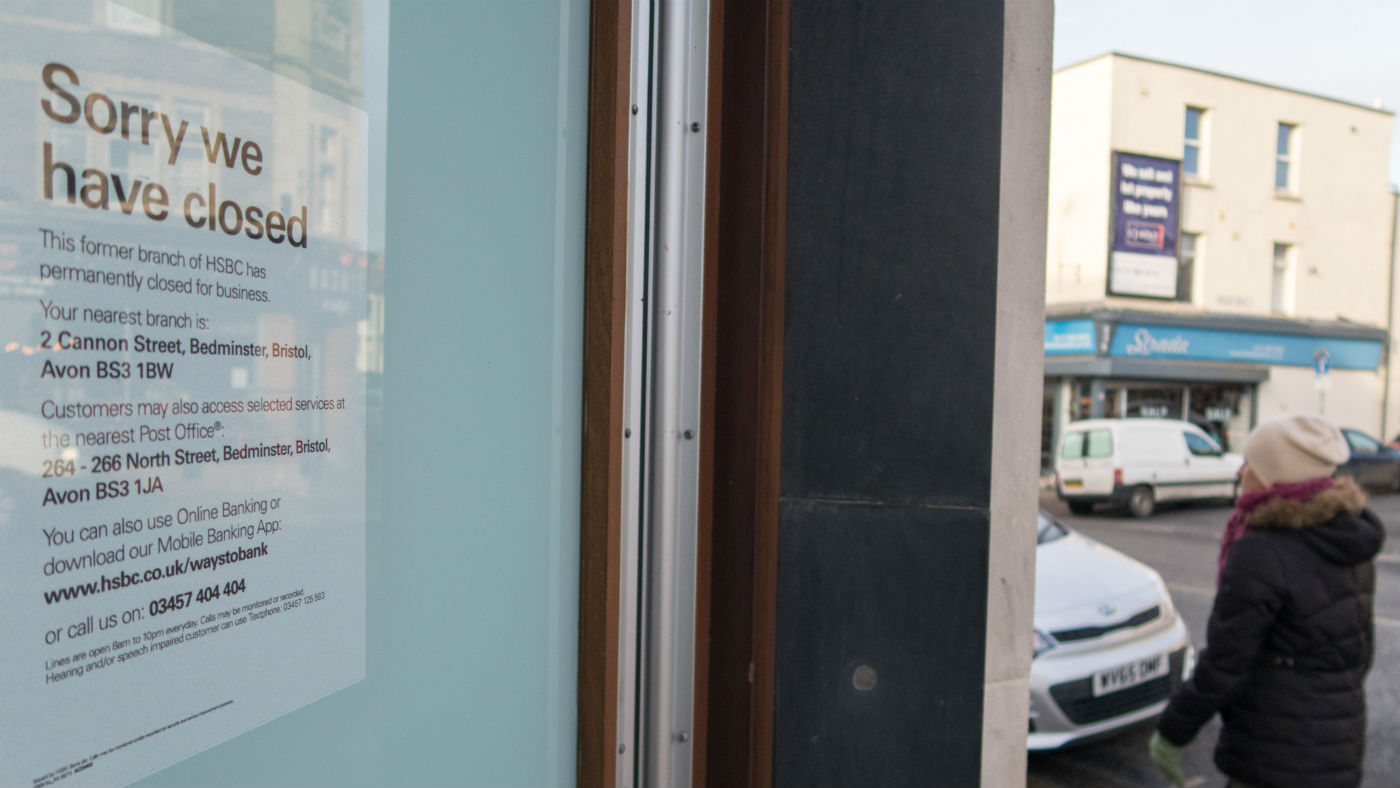 Could ‘banking hubs’ solve problem of branch closures?
Could ‘banking hubs’ solve problem of branch closures?Speed Read MPs fear large sections of society could face ‘financial exclusion’
-
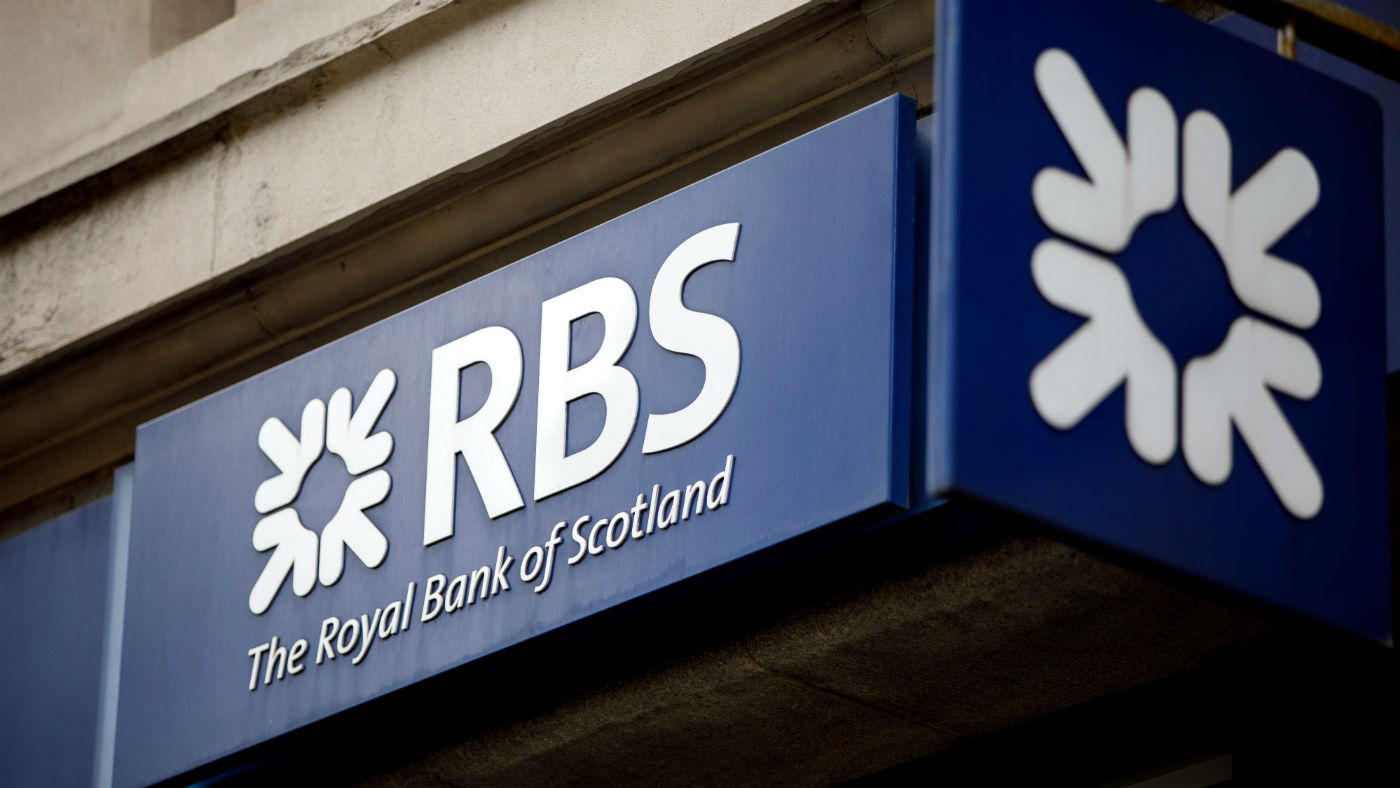 RBS to cut 162 branches and 792 jobs
RBS to cut 162 branches and 792 jobsSpeed Read Move comes days after taxpayer-owned bank announced 206% rise in profits
-
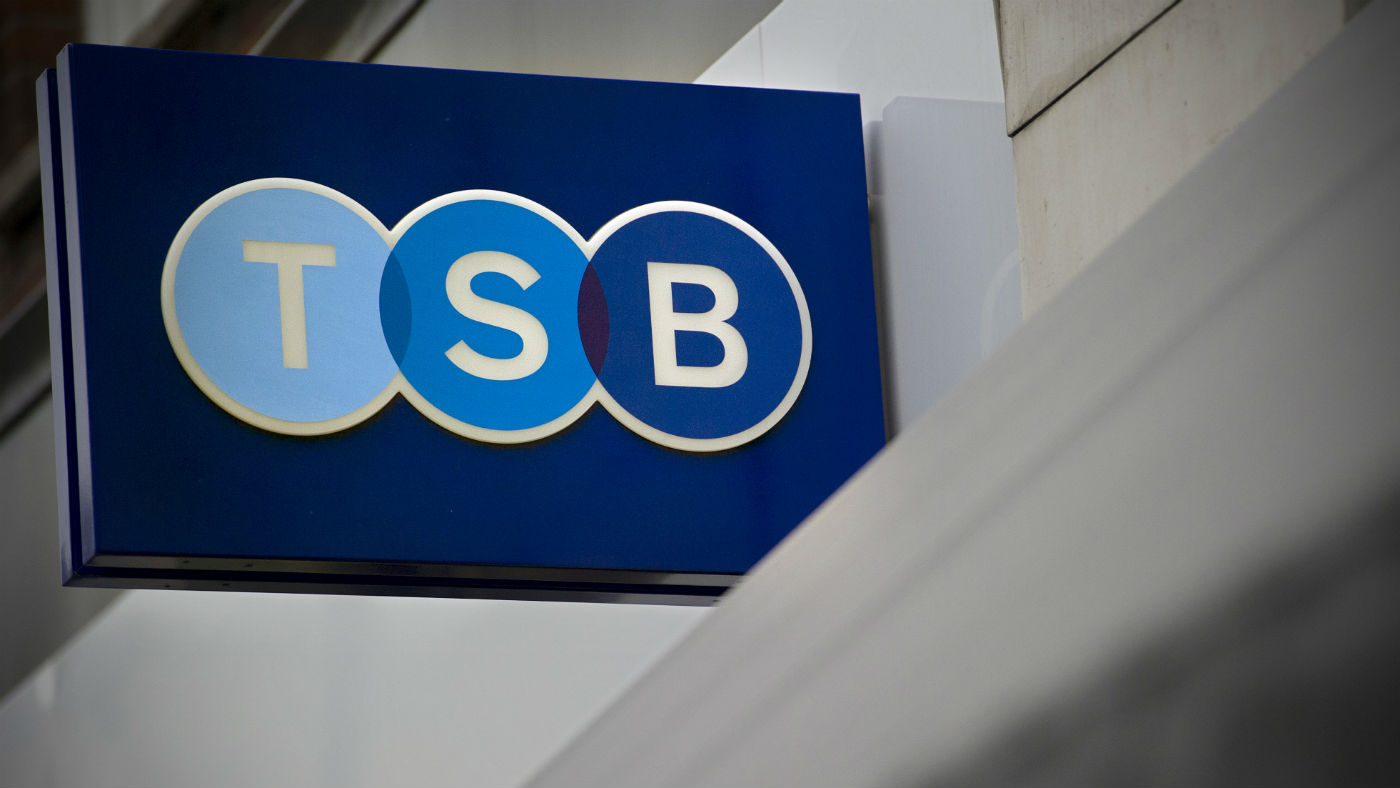 TSB crisis enters fourth day
TSB crisis enters fourth daySpeed Read Bank boss ‘sorry’ for IT chaos that has left customers unable to access accounts or make payments
-
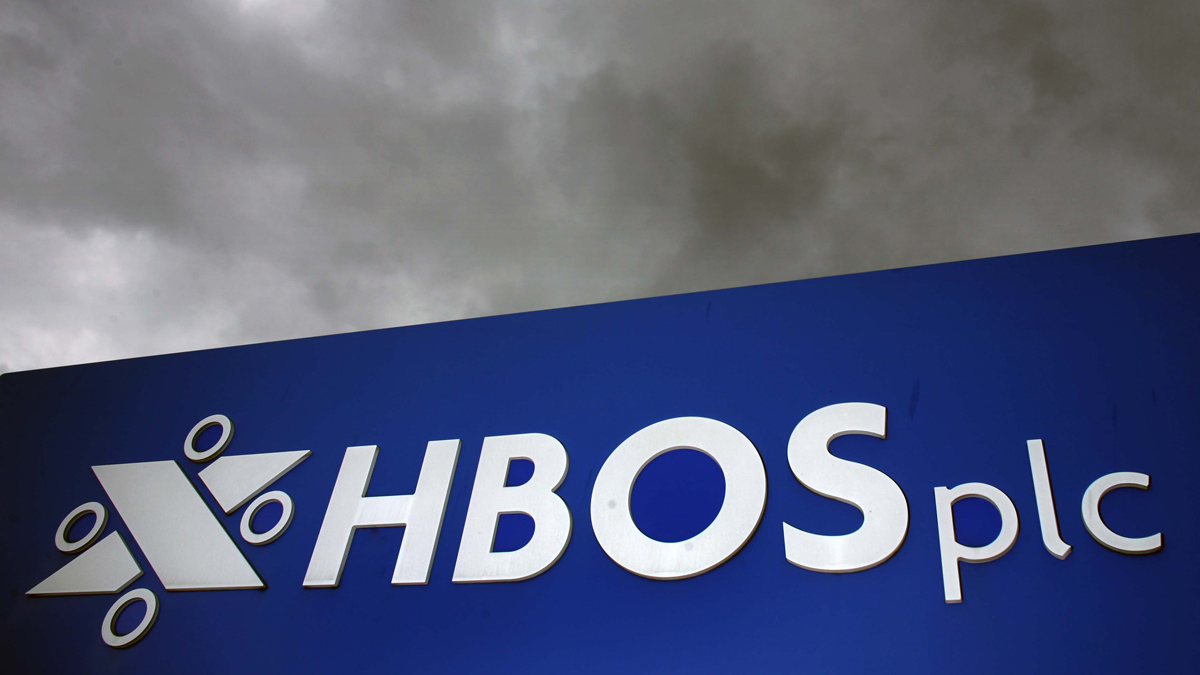 Lloyds shareholders in £350m claim win disclosure battle
Lloyds shareholders in £350m claim win disclosure battleIn Depth Judge rejects bank's argument that advice ahead of ill-fated takeover of Hbos is privileged